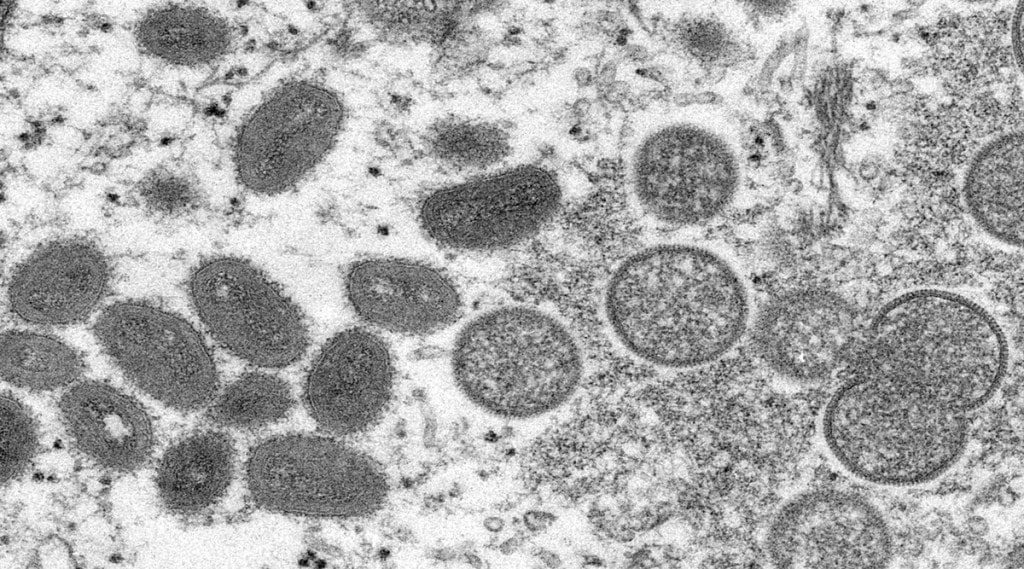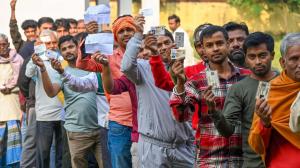Amid the rising number of cases of monkeypox, the World Health Organization (WHO) has announced that it has decided to take immediate action to contain the spread of the virus. According to the global health agency, over 780 monkeypox cases have been detected in 27 countries.
“And this is very critical as we are in a situation where we can use public health tools for early identification,” a WHO official said, adding that it is extremely essential to stop the spread in the non-endemic countries. Here are the 5 actions the WHO is taking to stop the spread of the virus.
WHO official Maria Van Kerkhove during a recent media interaction said that there is a need to raise awareness of what monkeypox is, and what it isn’t and there is also a need to increase surveillance.
“So particularly in those countries where we see monkeypox we need to equip ministries and governments and countries’ health clinics to be able recognize what monkeypox is and to ensure people who may be suspected of having monkeypox get appropriate clinical care,” Maria Van Kerkhove said.
“We want to stop human-to-human transmission. We can do this in non-endemic countries. And this is very critical as we are in a situation where we can use public health tools for early identification; isolation of cases, supported isolation cases, talking with communities and listening to communities, and engaging with communities to be a part of the solution, she added.
The WHO scientists also informed that they want to protect frontline workers. “Anyone who is out there taking samples for testing or to take care of individuals want to ensure that they have the right information and that they have the right personal protective equipment and we want to utilize all the countermeasures that are in place. There are antivirals and vaccines but we have to utilize these appropriately in an equitable fashion,” she said.
“Lastly, overarching is to advance our understanding of what monkeypox is. So we are going to have a big global meeting to discuss R&D, research, everything from epidemiology, all the way through diagnostic, therapeutic and vaccine,” she further said.








